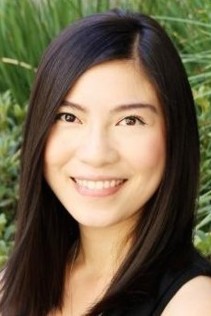
On Jan. 19, the Cognitive Science Speaker Series returns with a discussion about the avenues through which people compete for social rank and how they are seemingly varied. The discussion "Force and Persuasion: How Do We Humans Climb the Social Hierarchy?," features guests speaker and Department of Psychology Assistant Professor Joey T. Cheng.

This virtual event will discuss if these different strategies effectively promote rank, how they manifest in behaviour and what effects influence tactics, when used by leaders, have on team success and well-being. Cheng will explore how two fundamental strategies to social rank – dominance (i.e., relying on intimidation to induce compliance) and prestige (i.e., earning respect through competence to increase persuasion), influence individual and group outcomes.
In both field and lab groups, individuals who use dominance or a prestige strategy, exercise greater behavioural impact and receive more visual attention. Prestige, however, appears to offer a more stable form of influence over time. Highlighting the distinction between these strategies, individuals signal their dominance by deepening their voice pitch – a unique vocal pattern that is absent among those who adopt a prestige strategy. In the biological domain, individuals who gain high prestige in their community show a subsequent increase in testosterone, which may work to motivate future rank-seeking behaviour adaptively. In terms of collective outcomes, when these strategies are deployed by leaders, dominant leaders lead to group-wide negative affect. By contrast, prestigious leaders boost team creativity, follower loyalty, and positive affect. Together, these findings indicate although both dominance and prestige strategies reward individuals with higher rank and social success, they are underpinned by distinct nonverbal signals and biological substrates, and confer distinct benefits and costs on self, other, and teams. Other current and future research will be highlighted.
The Cognitive Science Speaker Series is presented by York University’s Department of Philosophy in the Faculty of Liberal Arts & Professional Studies. For the time being, talks take place on Wednesdays from 12:30 to 2:30 p.m. via Zoom. Prior to each talk, the Zoom link will be emailed to all students and faculty from the cognitive science and philosophy departments. Those who want to attend but are not in those departments can email Professor Jacob Beck at jbeck@yorku.ca from a York email address to request the Zoom link.
